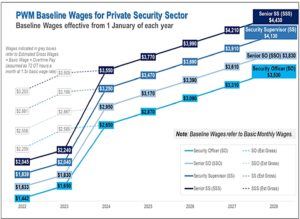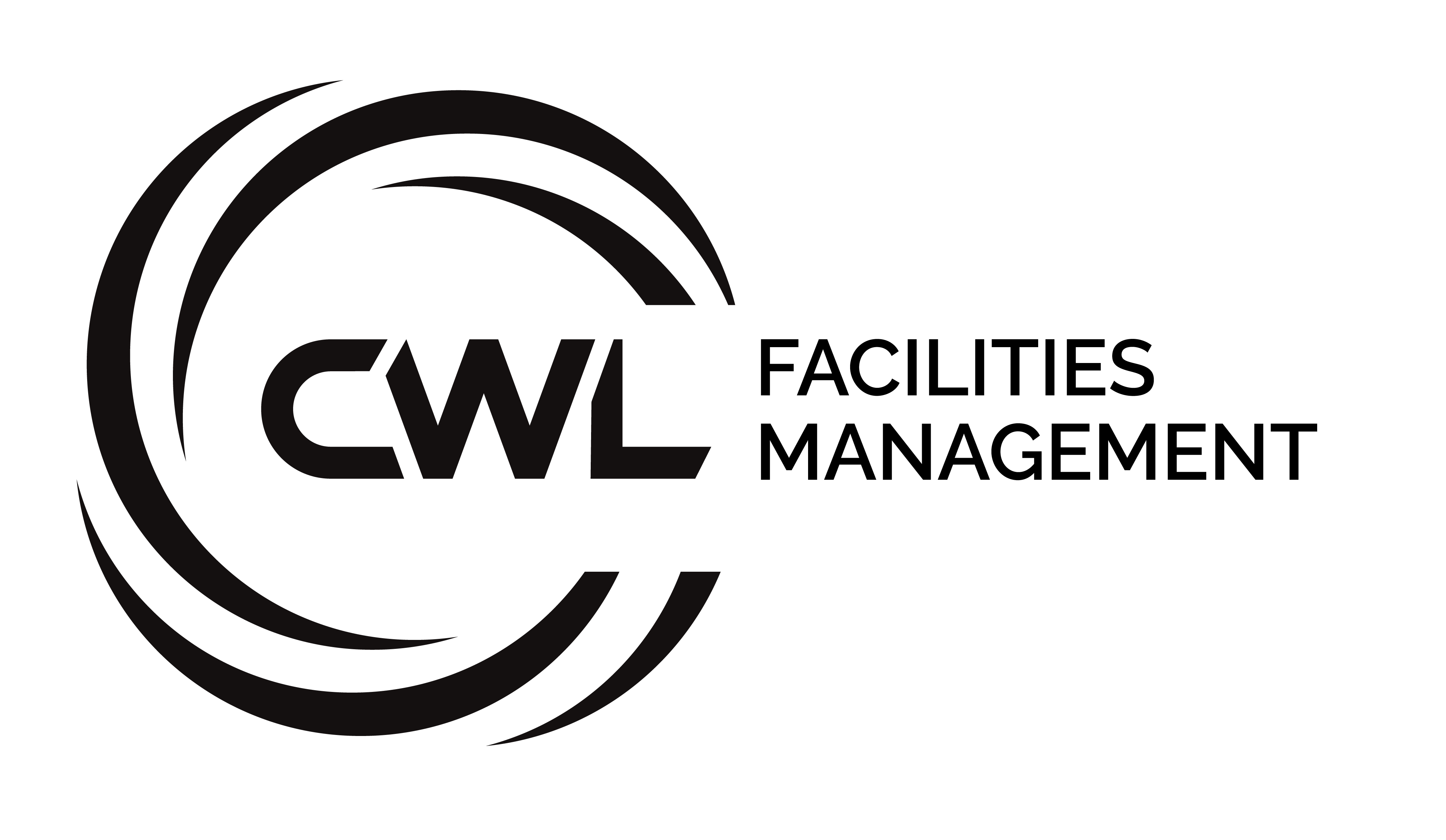Outcome Based Contracting As The Way Forward
![]() By Doris Ho | February 25, 2022
By Doris Ho | February 25, 2022
With the rollout of the Progressive Wage Model, the costs of hiring security officers and cleaning workers will inevitably be higher in the coming years. Here’s a quick review of what you need to know as a service buyer preparing a contract for FM or managing agent services.
With the increasing business demand for more value within constrained budgets across all industries, Outcome-based Contracts (OBC) has increasingly gained attention as the way forward for achieving desired quality standards at proportionate costs.
Under an outcome-based contracting model, service buyers pay according to the results delivered by a service provider, rather than the traditional approach of specifying the resources (eg. headcounts, hours, equipment) that are to be supplied.
WHY OBC MATTERS
By shifting the focus to the desired standard of the work to be performed (the “what”) instead of the manner in which it is to be performed (the “how”), service providers can propose to use innovative solutions that require less resources to produce the required outcomes, by leveraging technology or redesigning work processes.
For managing agent services, OBCs can lead to better solutions that reduce the reliance on manpower, which is important for service buyers in the long-run in view of the Singapore government’s measures to uplift the salaries and working environment of lower-wage workers.
EXPANSION OF MANDATORY PROGRESSIVE WAGES TO MORE SECTORS
As at end 2021, the Progressive Wage Model (PWM) covers about 85,000 workers in the cleaning, security and landscaping sectors. By 2022, it will become compulsory for firms in the lift and escalator sector to adopt the PWM as well. By March 2023, the Government will also extend the PWM to three more sectors – retail, food services and waste management. The goal is to expand the coverage of progressive wages to 82% of lower-wage local workers in Singapore.
Wages for security workers had stagnated due to the widespread cheap sourcing for their services. The low wages in turn resulted in high turnover and severe manpower crunch in their sector due to the difficulty to attract new entrants.
Thus, on 12 November 2021, the Ministry of Manpower (MOM) further announced a 6-year wage increment schedule that will see the minimum wages of security officers rise over 50% from the current S$1,442 to S$3,530 over the next six years.

Source: Recommendations of the Security Tripartite Cluster on its review of the Progressive Wage Model (PWM) for the private security industry
In addition, from September 2022, any firm employing foreign workers will have to pay a minimum salary of S$1,400 to all its workers before it can hire any foreigners.
These mandatory measures in Singapore signal the need for MCSTs and building owners to move towards outcome-based rather than headcount-based specifications as well as a payment model that rewards the ability to do more with given or less resources.
HOW OBC HELPS
Advocates of outcome based contracts point to the following benefits:
- Provides the flexibility to propose efficient and innovative solutions and adapt to technological advancements in the method of delivery
- Taps on service provider’s experience which may reduce operational costs, maintenance costs and resources
- Closer alignment of objectives between the customer and the service provider
- Increased motivation for the service provider to achieve the best outcome to maximise its financial gain
- Supports innovation on the part of the service provider
- Improves control and enforcement of quality standards based on agreed performance metrics
-
Better outcomes and cost savings for customers.
GETTING STARTED AS SERVICE BUYERS
As encouraged by the Ministry of Home Affairs, Building and Construction Authority and the National Environmental Agency, service buyers should consider adopting outcome-based contracts which allow service providers to assess the quality of services required and plan the amount of resources they should put in accordingly.
Service buyers are also encouraged to adopt some form of reward system to incentivize service providers to constantly improve their service delivery.

(Source: Infographic for FM service buyers by the Building & Construction Authority)
EXCERPTS FROM THE SECURITY TRIPARTITE CLUSTER (STC)’S RECOMMENDATIONS FOR SERVICE BUYERS
(a) With the substantial increases in the PWM wage rates, Service Buyers should recognise that prices for security services will inevitably increase. The STC urges Service Buyers to avoid cheap sourcing as this would result generally in poor service because their service provider will not be able to match the market rate for good security officers or offer incentives for good performance.
(b) The STC calls upon the Service Buyers to move away from headcount-based contracting and adopt outcome-based contracting. Service buyers could consider reviewing their tender specifications to include security risk assessment and encourage security agencies to adopt technology-enabled solutions and job redesign by placing higher weightage in their evaluation criteria. Doing so will allow more optimal use of manpower and allow security officers to deliver better service outcomes.
(c) The STC also encourages Service Buyers to exercise reasonableness in negotiating their security services contracts should there be any adjustments to their security requirements. It is important for Service Buyers and Service Providers to develop mutual trust through open communication and frequent dialogues to achieve win-win outcomes.
For samples on how to include desired outcomes, operational parameters and performance management indicators in tender documents, please refer to the procurement guides published by the above agencies:
- Guide on FM Procurement
(https://www.cwl.sg/wp-content/uploads/2022/02/guide-on-fm-procurement.pdf)
- Guide on Specifications for Outcome-based Cleaning Contracts
- Guide on Outcome-based Security Contracts
(https://www.cwl.sg/wp-content/uploads/2022/02/guide-on-outcome-based-security-contracts.pdf
